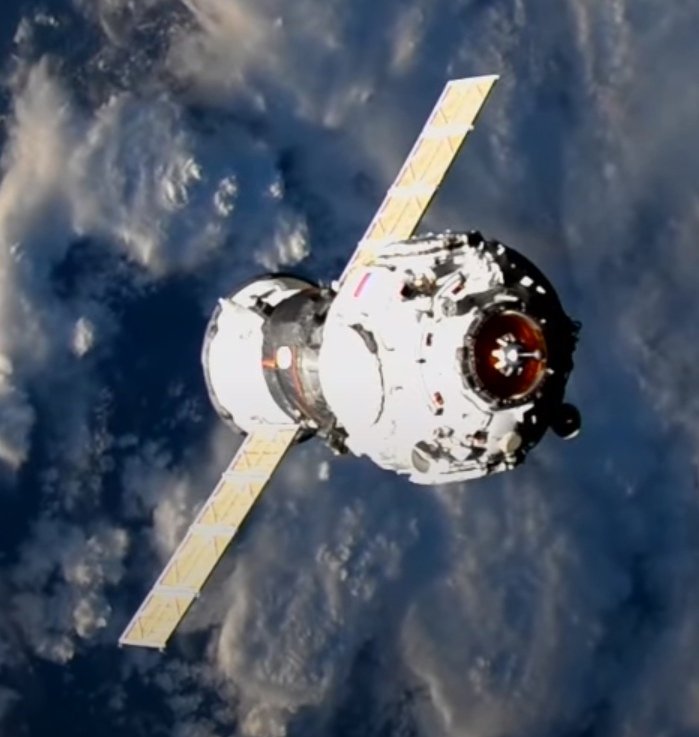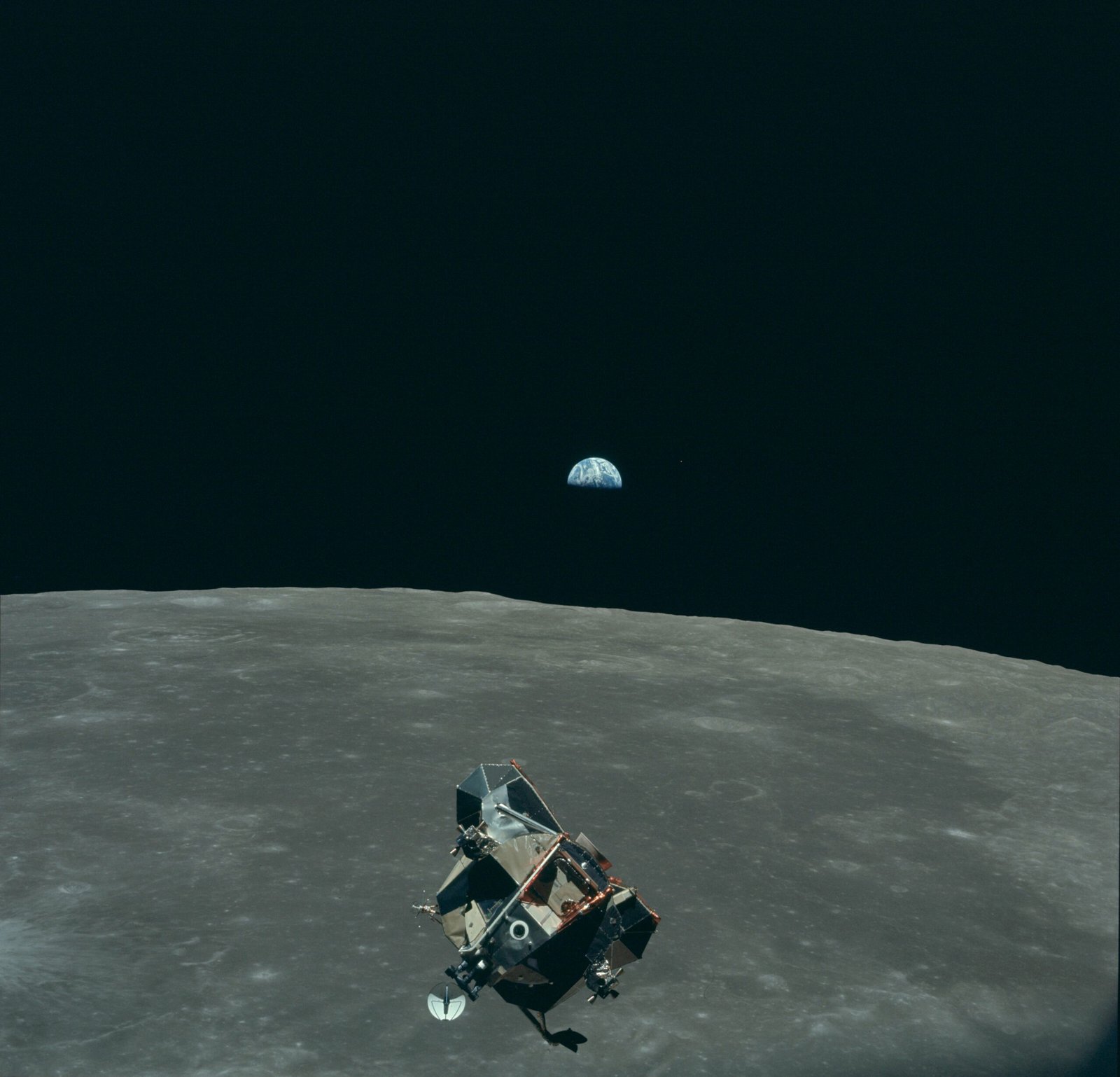The stars have always called to us, but right now, few calls are louder than the roar of SpaceX rockets piercing the sky. As Elon Musk and his team push humanity toward Mars, there’s a sense of awe and excitement—yet also a whisper of discomfort. Can we afford to chase distant worlds while our own planet cries out for help? The idea of colonizing Mars feels epic and inspiring, but is it a bold leap for our species or a tempting distraction from Earth’s urgent challenges? The answer is tangled, emotional, and deeply relevant to everyone living under our blue sky today.
The Promise and Peril of SpaceX’s Ambition
SpaceX has become synonymous with ambition on a cosmic scale. The company’s vision to make humans a multiplanetary species fires up imaginations, sparking dreams of Martian cities and interplanetary travel. For many, this is the ultimate adventure—a testament to human curiosity and resilience. Yet, as rockets launch, some question whether this vision pulls attention and resources away from more immediate, terrestrial crises. The peril lies in the possibility that society may romanticize escape over repair, losing sight of the problems that threaten our only home.
Earth’s Problems: A Mounting Crisis
While SpaceX’s rockets reach for the stars, Earth faces mounting and undeniable threats. Climate change, biodiversity loss, pollution, and resource scarcity are not distant threats—they’re happening now, all around us. Wildfires devour forests, oceans fill with plastic, and species vanish at an alarming rate. These aren’t abstract headlines; they’re daily realities for millions, affecting crops, water supplies, and entire communities. The urgency of these crises begs the question: Shouldn’t our brightest minds and biggest investments focus on saving our home before seeking new ones?
The Allure of the Red Planet

Mars has always captured human imagination. Its rust-colored deserts and mysterious canyons beckon explorers, scientists, and storytellers alike. The allure isn’t just scientific; it’s emotional. Mars represents a blank slate—a chance to start over, to build anew, perhaps even to avoid the mistakes we’ve made on Earth. The dream of Martian colonies triggers hope, but also a subtle temptation: what if the grass really is redder on the other side?
Space Exploration Drives Innovation

Historically, the pursuit of space has propelled technological breakthroughs that benefit life on Earth. From satellite communication and GPS to advances in materials and medicine, space programs have repeatedly sparked innovations that ripple through everyday life. SpaceX’s reusable rockets and cost-saving technologies could one day make clean energy and efficient transportation more accessible to everyone. For some, this is a powerful argument that space exploration and earthly improvement can—and often do—go hand in hand.
Funding Priorities: Rockets Versus Relief
The debate often circles back to money. Each SpaceX launch requires immense financial resources, raising tough questions about priorities. Could those billions be better spent on renewable energy, poverty reduction, or climate adaptation? Critics argue that, with so many urgent needs on Earth, investing so heavily in Mars missions is irresponsible. Supporters counter that the investment in space can yield returns that ultimately help humanity on both worlds. The tension between hope for future frontiers and the pressing needs of today remains sharp and unresolved.
The Psychological Escape Hatch
There’s something deeply psychological about the Mars obsession. In a world where news cycles are filled with disasters and disappointments, the idea of a new beginning on another planet offers comfort and excitement. It’s a kind of mental escape hatch—a way to dream beyond the confines of mounting problems. Yet, this escapism can be risky. If we become too enamored with leaving, we may neglect the hard, necessary work of healing the world we have.
The Case for Multiplanetary Survival

Proponents of Martian colonization argue that humanity needs a backup plan. SpaceX’s mission is, in part, a hedge against existential risks—asteroids, pandemics, or even self-inflicted catastrophes. In this view, spreading to other planets is not a distraction, but a survival strategy. “Life insurance for the species,” as Musk puts it. But betting on Mars as an escape route could also breed complacency, making it easier to justify inaction on Earth’s most urgent problems.
Environmental Lessons from Space
Ironically, the unique perspective gained from space travel has often reinforced our commitment to Earth. Astronauts famously describe the “overview effect”—a profound sense of responsibility and unity after seeing our fragile planet from above. SpaceX’s missions could inspire a new generation of environmental stewards, reminding us that Earth is irreplaceable, no matter how far we venture. The hope is that looking outward might actually deepen our care for what’s here at home.
Global Collaboration or Private Ambition?
Another layer to this story is who leads the charge. SpaceX’s Mars dream is largely a private enterprise, driven by a singular vision. Some worry this concentrates power and resources in the hands of a few, rather than fostering global cooperation. Space, after all, belongs to all of humanity. Should the future of planetary exploration—and perhaps survival—be shaped by private ambition, or by a shared, collective effort to solve humanity’s biggest challenges together?
Inspiring the Next Generation of Problem Solvers
SpaceX’s bold goals undeniably inspire young people. The idea of exploring Mars, building rockets, and tackling the unknown lights a fire in curious minds. This inspiration can fuel new scientists, engineers, and activists—people who might solve Earth’s crises or build bridges to other worlds. The challenge is to channel this excitement not only into space, but also into the urgent work of environmental stewardship, social justice, and innovation on our own planet.
A Crossroads for Our Species

Humanity stands at a dramatic crossroads. The vision of Mars is powerful, almost mythic, but the needs of Earth are immediate and real. The question isn’t whether we should explore other planets—it’s whether we can do so without losing sight of our responsibility to this one. SpaceX’s journey to Mars forces us to confront our values, our priorities, and our dreams for the future. Are we running away, or reaching higher? Can we save our world while reaching for another? The answer, perhaps, lies in whether we can balance daring ambition with urgent care—for the red planet, and for the blue one we call home.



